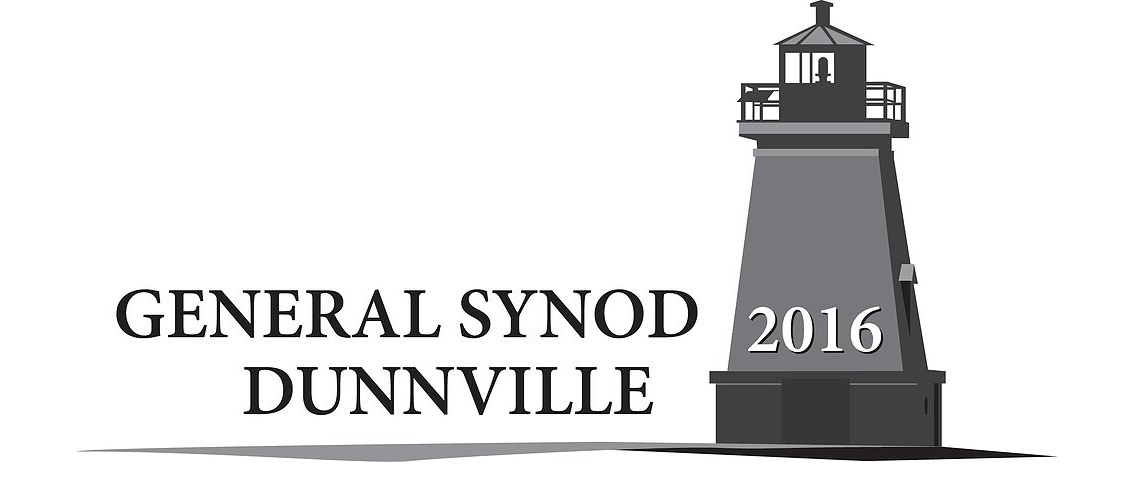Synod Dunnville 2016 (5)


I’ve now had the opportunity to take a closer look at the most recent batch of Acts (which you can find here). The highlights from Monday May 16 definitely have to do with the relationship that the CanRCs have with the United Reformed Churches. As you may recall, the CanRCs have been working diligently towards federative unity (a merger) with the URCNA. However, the CanRC efforts have not always been received the way that they hoped they would. I’ve been remarking on this for a few years now. While it must be said that some substantial steps have been taken forward since then (especially in discussions of theological concerns), federative unity appears to be as elusive as ever.
Article 77 of Synod Dunnville is where we find the decisions regarding the Committee for Church Unity Coordinators. Synod observes the comments of the coordinators regarding an overture from URC Classis Pacific Northwest going to URC Synod 2016. If adopted, this overture “will spell the end of the merger in the foreseeable future.” Synod Dunnville, in its considerations, is also not hopeful about the prospects for federative unity: “unification seems unlikely to take place in the near future.” However, they are compelled by love to carry on, regardless of what the prospects may be for the time being. As a result, the Committee for Church Unity carries on and, in fact, Synod Dunnville decided to double the number of coordinators to 4, two each from East and West.
In articles 78-80, the three sub-committees of the CCU are discussed: Liturgical Forms and Confessions, Theological Education, and Church Order. Synod decided to continue these sub-committees as well. Even though there are no URC counterparts mandated to discuss anything with them, Synod Dunnville decided to at least make these brothers available, should there be a change of heart. One wonders how long that approach will last — how many more CanRC Synods will appoint committees who never do any work because their URC counterparts have no mandate to work with them? I can see more churches reaching a point where the futility of this is becoming rather obvious. I might also add that Church Order sub-committee has also been mandated not to entertain any more changes to the Proposed Joint Church Order. I can understand such a decision. Yet I also lament the fact that so much good work, done in good faith, so far has been so poorly received and carries little prospect of serving its intended purpose.
I remember one of my seminary professors speaking of his dream for unity with the United Reformed Churches. He had his mind fixed on 2000, if I remember correctly. The turn of the new millennium came and went. In 2009, I wrote that I didn’t see it happening in the next 10 years. Now I can say that for sure, and not with any joy in the business. Back then I found it deplorable and today I still do. I still think the URCNA and CanRC belong together — they could be stronger together. However, let’s be realistic: it’s not going to happen for a long time, maybe not in even my lifetime. The time is overdue for the CanRCs to get real about this relationship. Rejoice in what has been accomplished and build on it in terms of a vital and mutually beneficial sister-church relationship. And, I might add, I hope that the Free Reformed Churches of Australia will also be able, in due time, to enjoy the fruits of ecclesiastical fellowship with the URC. The ball is rolling…


